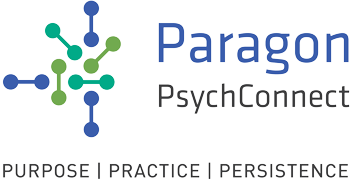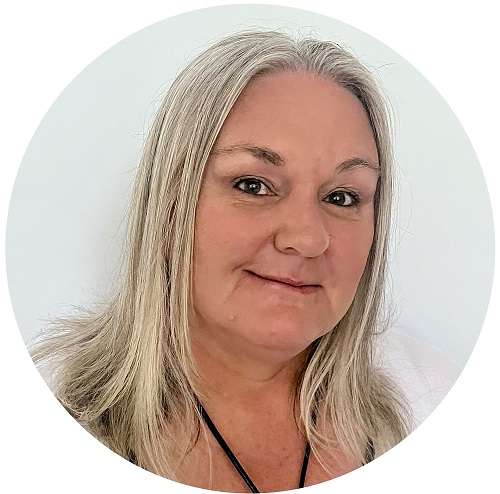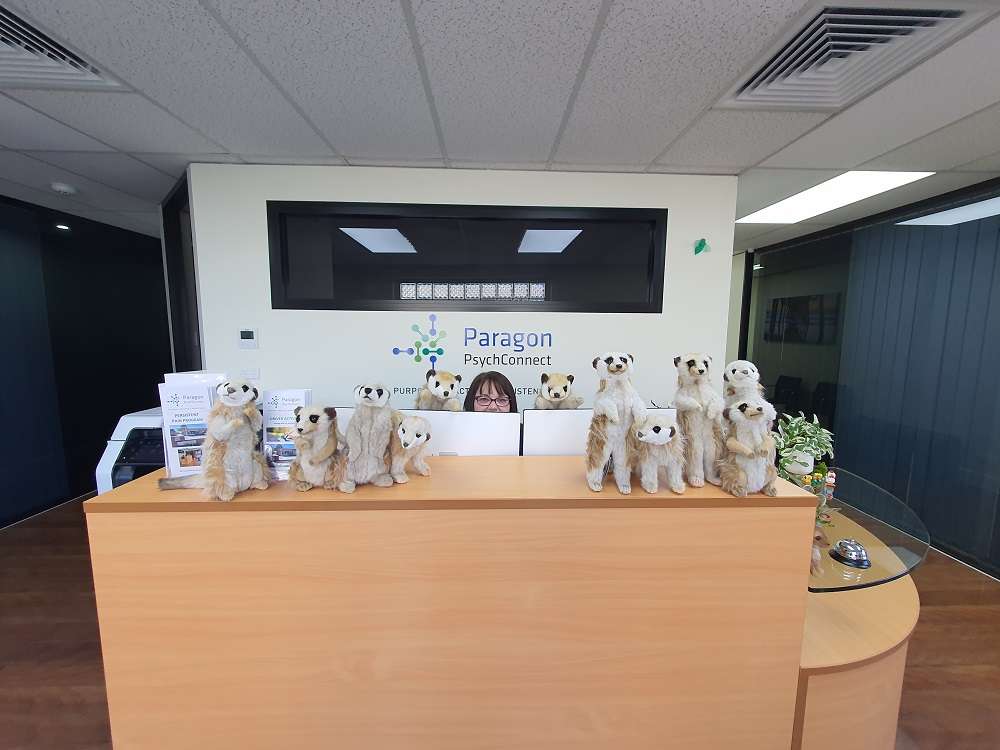
What is Art Therapy and do I have to know how to draw?
06/08/2023
Finding the Right Psychologist for You
03/09/2023“Are you okay” – How to ask this question and support those in your life
September 14th is an important day in the calendar, reinforcing to the community that reaching out to those around you and checking in on their mental health and wellbeing is vital.
Basically, “Are you ok? (or R U OK?)” day was developed based on the understanding that starting a conversation could change, or even save, a life.
While “Are you ok?” day has been around for some time, its need is more relevant now than ever.
Mental health and suicidality are challenges faced by many within Australia. According to Australian Bureau of Statistics data nearly half the population have experienced a diagnosable mental health condition at some time in their life and over 20% in the last 12 months. Furthermore, Australian data reports that in 2021 there were 3,144 deaths by suicide – an average of about 9 deaths per day – and that of these deaths over 75% were men.
With so many people facing these challenges…and let’s be honest that pretty understandable given some of the events that have happened recently in the world…how as a community can we help each other.
Well, it’s about taking a deep breath, rolling our sleeves up, getting around our mates and having a chat about what’s going on in their lives…in short its about genuinely asking people “Are you okay?”
While here at Paragon PsychConnect we believe that everyday should be “Are you okay?” day, below are some useful tips to ensure that when asking this question, we are doing it in the most effective way.
- Be relaxed, friendly and concerned in your approach. Ask questions that encourage them to share their story. Avoid confrontation but mention specific things that have led you to ask, “Are you okay?” like that you have noticed they aren’t engaging in their usual activities. Remember if they don’t want to talk that’s okay. At least you have asked as that can be the most important thing.
- Listen without judgement. Allow the person to share their story at their pace and try not to judge their experiences or reactions. Instead, acknowledge that things seem tough for them. Show that you've listened by repeating back what you’ve heard (in your own words) and ask if you have understood them properly. Being heard is so important to people struggling with their mental health and listening properly is an important part of this.
- Encourage action. Try and guide someone to actively help their situation by asking if they have any management skills or activities that they have used in the past to help them when they are feeling this way…you might also have some great ideas. If you feel they aren’t travelling well encourage them to seek professional help.
- Check in. Make sure you check in with them and ask the question “Are you okay?” Ask if they've found a better way to manage the situation. If they haven't done anything, don't judge them. They might just need someone to listen to them for the moment.

Asking the question “Are you okay?” can be hard but also hugely rewarding for both you and the people in your life. Remember that the conversation doesn’t need to be perfectly planned and scripted, it just needs to be done in a manner that shows genuine care.
Checking in on those around you is one of the best ways we can help people in the community get the support they need for their mental health challenges so get out there and make “Are you okay?” a part of your day.














